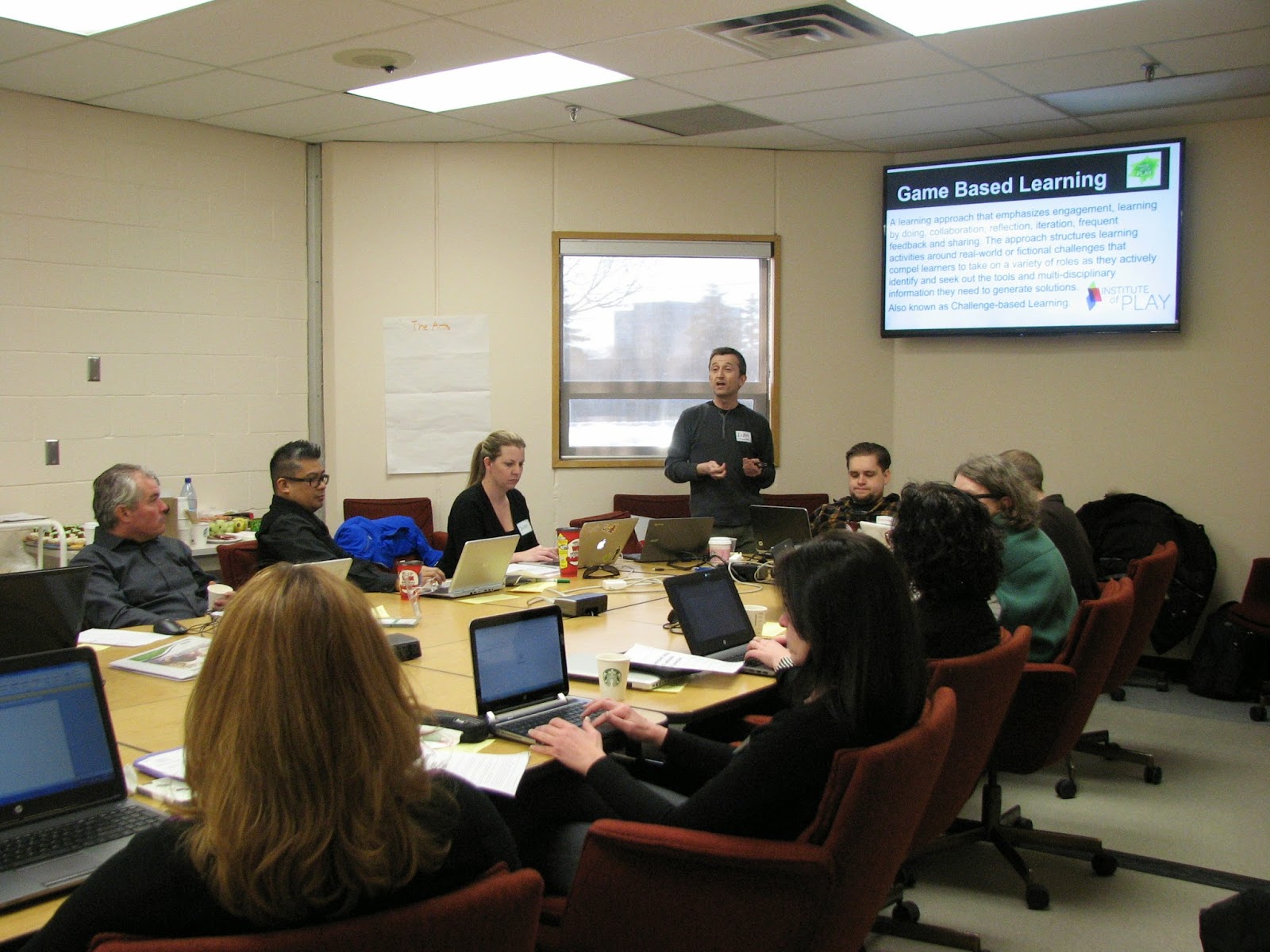1) Lenten Sacrifices
I am a Roman Catholic Christian, and a common practice during Lent (the forty days between Ash Wednesday and Easter Sunday) is for Catholics to fast and abstain. Here's a link that explains the purpose behind the practice. For Lent this year, my entire family decided to forego eating out. My husband chose to drink only water and I gave up drinking tea. This paragraph from http://www.catholic.org/clife/lent/faq.php, explains the rationale and why it is flawed for some:
Giving something up
For most older Catholics, the first thought that Lent brings to mind is giving something up. In my childhood, the standard was to give up candy, a discipline that found suitable reward in the baskets of sugary treats we received on Easter. Some of us even added to the Easter surplus by saving candy all through Lent, stockpiling what we would have eaten had we not promised to give it up.Some years ago a friend of mine told me that he had urged his children to move beyond giving up candy to giving up some habit of sin that marked their lives. About halfway through Lent he asked the children how they were doing with their Lenten promise. One of his young sons had promised to give up fighting with his brothers and sisters during Lent. When his father asked him how it was going, the boy replied, "I'm doing pretty good, Dad—but boy, I can't wait until Easter!"That response indicates that this boy had only partly understood the purpose of Lenten "giving up." Lent is about conversion, turning our lives more completely over to Christ and his way of life. That always involves giving up sin in some form. The goal is not just to abstain from sin for the duration of Lent but to root sin out of our lives forever. Conversion means leaving behind an old way of living and acting in order to embrace new life in Christ.
Although we do plan on resuming our visits to restaurants and drinking our favourite beverages after Easter, it is not for a temporary, self-inflicted punishment, but as a reminder that we have many crutches in our lives and it is more important to turn to a better support system when we need energizing or rewards. When I feel tired, I usually reach for my cup of Red Rose or Tetley filled with six spoons of sugar; during Lent, I had to turn to prayer or reflection instead of the physical pick-me-up.
This is a difficult thing to understand, especially if you don't practice the faith. Many of my wonderful colleagues have made many suggestions to help me "get around" my Lenten restrictions. "Drink coffee" / "Let me buy it for you, and then it won't count" / "What about green tea?" All of the recommendations were given out of kindness, and it was challenging for me to find the right words to explain why I couldn't or wouldn't take them up on their offers of "help". At least I tried.
2) Food Restrictions
I'll be writing about my experiences with our big Primary Division Media Projects (the real-life Restaurants) extensively in a separate post, but I had to mention one specific incident here. I tried very hard not to inconvenience any of our teachers during the preparation of these restaurants, but I did have to borrow the "business owners" (a.k.a. the individual classes responsible for their restaurants) for a double-period just before lunch to prepare the food. I offered the time as extra prep for the teachers involved, but all of them felt the need to offer their services during the actual lunch hour. I appreciated the assistance, especially because running a restaurant is super-busy and chaotic! On the afternoon after our second restaurant opened, the Grade 2 teacher spoke to me. She was very apologetic, because she said she felt very useless. I reassured her that having her supervise was good enough, but she was still uncomfortable about her level of participation during the "lunch rush". She explained to me that she was in the middle of celebrating the Hindu festival of Navratri. She told me that during the nine-day observation, she is not supposed to touch meat and she was unable to help the students organize the hamburgers and hot dogs. I felt very bad for putting her in such an awkward position, and I asked her to write down the name of this celebration so I could understand better. When I looked it up at home, I learned that there are many restrictions as part of the celebration related to Navratri. I'm glad that she felt comfortable enough with me to explain this, but I felt disappointed that this kind of conversation is the exception rather than the norm. What if some people considered her actions during the restaurant to be about laziness rather than religious devotion?
Actions Needed
In my Mentor AQ course, students received a copy of the Equity Continuum: Action for Critical Transformation in Schools and Classrooms. In the introduction, it says "The work of creating more equitable experiences and success is complex. However, to move forward, we must have conversations regarding the work of this Equity Continuum. We must look at issues that challenge us; ask difficult questions; and allow for divergent opinions to create a better environment for those students whom the current system has failed" (page 7). We don't have an Equity Committee at our school - the members that used to sit on it have moved on to other schools. Maybe it's time for that committee to be revived, even though I feel I am too new with this kind of work to be effective. Still, we need to nurture the climate of the school so that people - teachers, students, or visitors - can openly talk about their life experiences so that others can understand, and change their practices.




